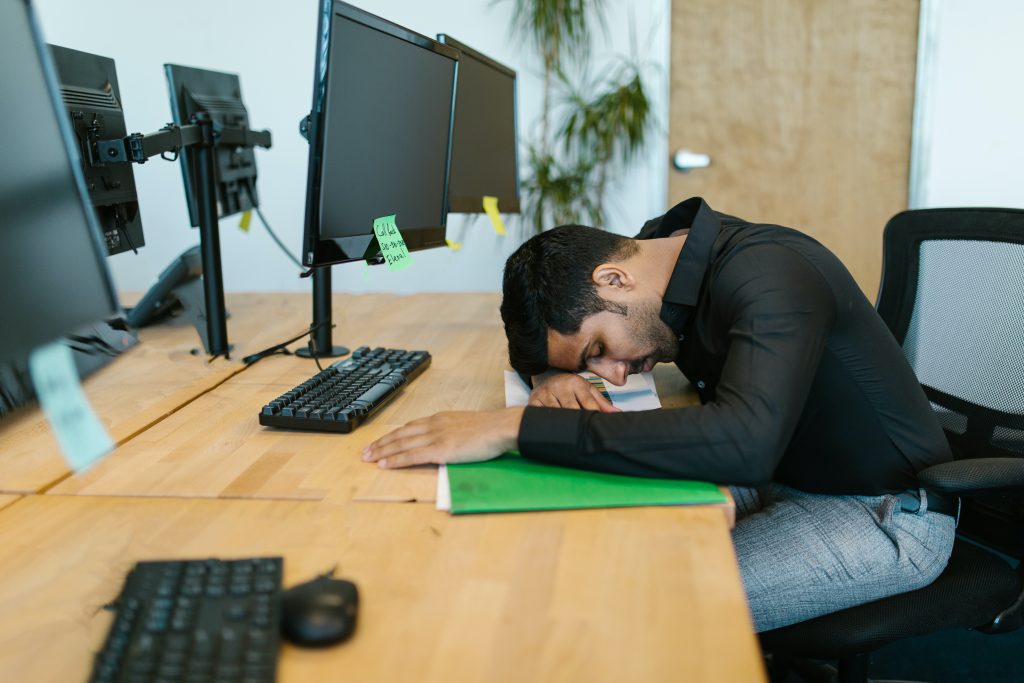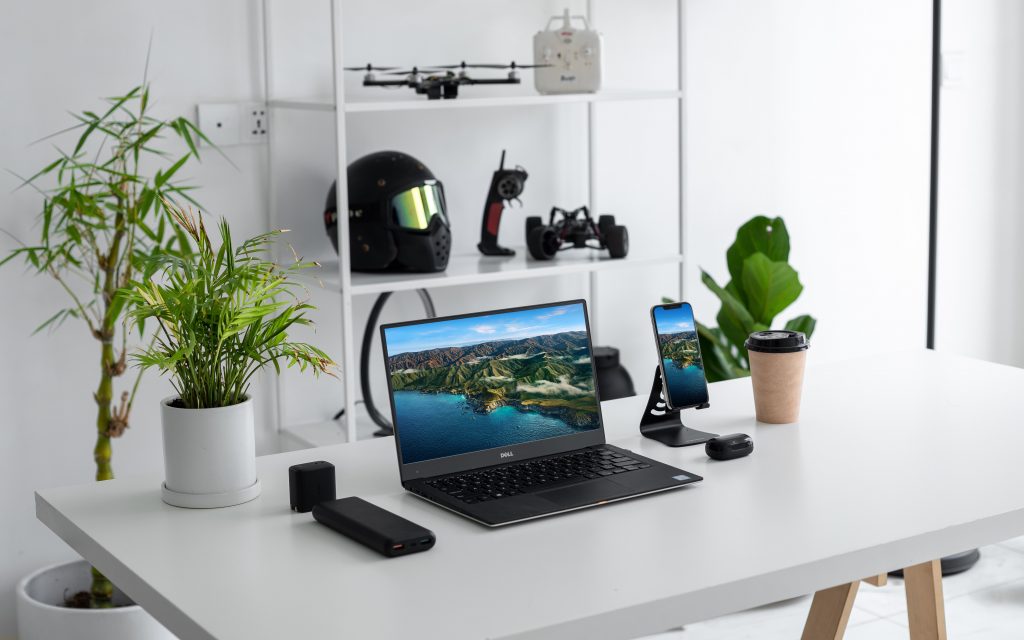The concept of screen time is simple. The total time spent using any device that has a screen (Display) is your screen time.
Think before you start reading. What’s your average screen time everyday?
Nowadays, it’s almost impossible to function without gadgets. Therefore, screen time is necessary. Be it for work, education, relaxation, or any other purpose-our lifestyle makes us stare at one kind of screen or another most of the time we’re awake. It has significantly increased with the wake of education, businesses being operated online. As much as it’s true that we can’t avoid it altogether, we can always take some actions to show some mercy to our health.
How do we understand what amount of screen time is ‘excessive’?
And how can we deal with it?

What Does Excessive Screen Time Do to Your Health?
Excessive screen time takes a toll on your health: both physical and mental. And it’s highly ironic that you’re reading the negative effects of it from a screen right now. All we can hope is that you identify all the mistakes you’ve been making and learn from them.
Excessive screen time interferes with everything from creativity to sleep.
Physical Effects:
- Physical strain: both eyes and body
- Increased risk of obesity
- Susceptibility to chronic neck and back pain.
- Permanent damage in posture
- Loss of cognitive ability
Mental Effects:
- Impaired socialising skills
- Weakened emotional judgment
- Attention-deficit
- Lower self-esteem
- Disturbances in sleep cycles
- Problems linked to behaviour
- Academic troubles
What Can You Do About It?
Screen Time Recommendations for Kids

Kids are ‘human in their formative phase’.
If you tell the children to stop playing games on mobile while you’re looking at a gadget yourself- it’s not gonna help anyone. Learn how much screen time Is too much for children and try to rationally communicate it with them. Kids follow their role models more than anything.
Over the years, excessive screen time can take a toll to the kids’ brain. Including academic and social incoherence.

Excessive screen time plays a role in interrupting a child’s ability to observe. It reduces their feeling of need to engage with the world. It leads to a kind of “tunnel vision”. This can result in the compromise of the overall development of the children.
Phone, TV screen time is not healthy for babies, some toddlers, WHO says. Because of this, it is important to monitor the children at your home on their screens every day. Limiting the duration of their screens each night is a good start.
| Age Group | Recommended Screen Time |
| 0-18 months | NONE |
| 18-24 months | High-quality media sources only, under adult supervision |
| 2-5 years | One hour at most |
| 5+ | 2 hours (More or less ) |
Screen Time Recommendations for Adults
Let’s be honest: Recommending hard and fast durations of screen time is tricky when it comes to adults. Because their screen times are bound to their services and social norms. Adults are expected to be responsible. As an adult, you need to decide what works best with you.
However, we can give some handy tips for you to rescue you from being at complete loss.
Like technology, fire was a revolutionary discovery too, but we had to learn it could hurt and kill as well; if not controlled.
Tips & Tricks You’ll Thank Yourself for
If you are reading this article, it means you’re looking for a way out of your situation. Here are some tips you could use to strike a balance between both your health and your job.

01. Proper ambience lighting
Any light that eliminates eye strain & fatigue is the ‘proper’ lighting.
Typically, computer users tend to avoid overhead fluorescent lights. Use floor lamps or desk lamps if possible. They provide indirect soft white light.
02. Minimal glare
If you are on screen all day, the installation of an anti-glare screen is a good investment for you. If you have four eyes (wear glasses), you can buy lenses that have anti-reflective (AR) coating.

03. Upgraded display
Usually, sharper images are displayed with a lower dot pitch. Upgrade your display to a dot pitch of 0.28 mm or less.
An easier alternative is opting for a relatively large display. Select a display that has a diagonal screen size of at least 19 inches, for a desktop computer.
04. Adjust your computer display settings
Text size and contrast:
Typically, black print on a white background is the most preferred combination on the screen. Nevertheless, adjust as per your comfort. Especially if you’re reading or composing lengthy texts.
Brightness:
Screen brightness should be approximately the same as the brightness of the surrounding. If the white parts of your screen look like emitting light, it’s too bright. It may be too dark if it seems dull and greyish.
05. Blink More Often:
Does it sound funny?
When staring at a screen, people blink less frequently, only about one-third of their normal blinks. Even when they do, they mostly close their eyelids partially.
But it is an important drill when you’re working at a computer. It moistens your eyes. Prevents dryness. Reduces irritation.
| Every 20 minutes, very slowly, blink 10 times by closing your eyes. This will help rewet your eyes. |
06. Eye exercise
Another cause of computer eye strain is focusing fatigue. To reduce your risk of tiring your eyes by constantly focusing on your screen, looking far away relaxes the focusing muscle inside the eye to reduce fatigue.
| The 20-20-20 Rule : Look away from your computer at least every 20 minutes and gaze at a distant object (at least 20 feet away) for at least 20 seconds. |
07. Frequent tech-free breaks
Never shy away from frequent tech-free breaks while working on the computer. Stretch your arms and legs during these breaks. Stand up, move about here and there.
It helps with the neck, back and shoulder pain. Aids in reducing tension and muscle fatigue.
| Take at least one 10-minute screen break every hour |

08. Modification in workstation
Your computer screen should be positioned 20 to 24 inches from your eyes.
The center of your screen should be about 10 to 15 degrees below your eyes for comfortable positioning of your head and neck.
Conclusion
Even after all the moderations, if you feel concerned that your screen use is causing issues, consult your doctor about how you can alter your daily habits.
Screens are here to stay. Computers, cellphones, tablets, television- these are our tools for living. They can offer many positives only if handled with care, maturity, and prudence. It’s never too early or never too late to develop a screen-time plan with your family.
‘Screen-monsters’ are everywhere.
These monsters aren’t meant to be killed, they just need to be tamed.


























One of the major concerning issues is nicely written.